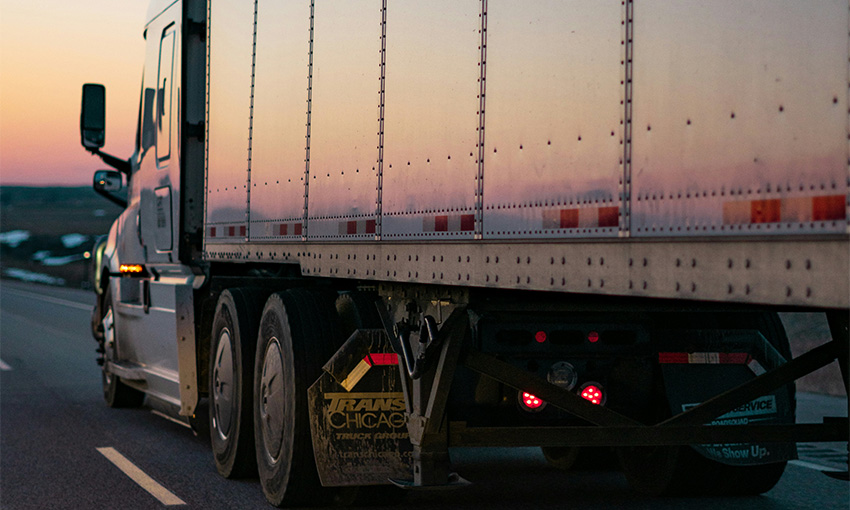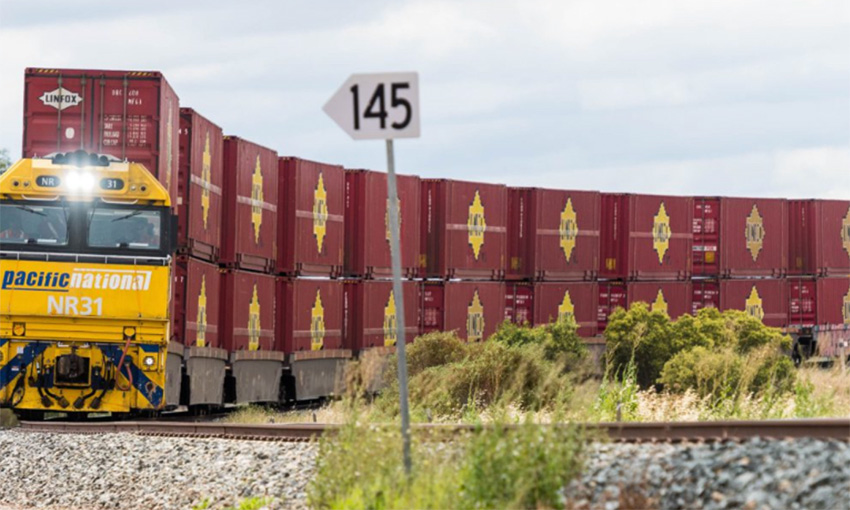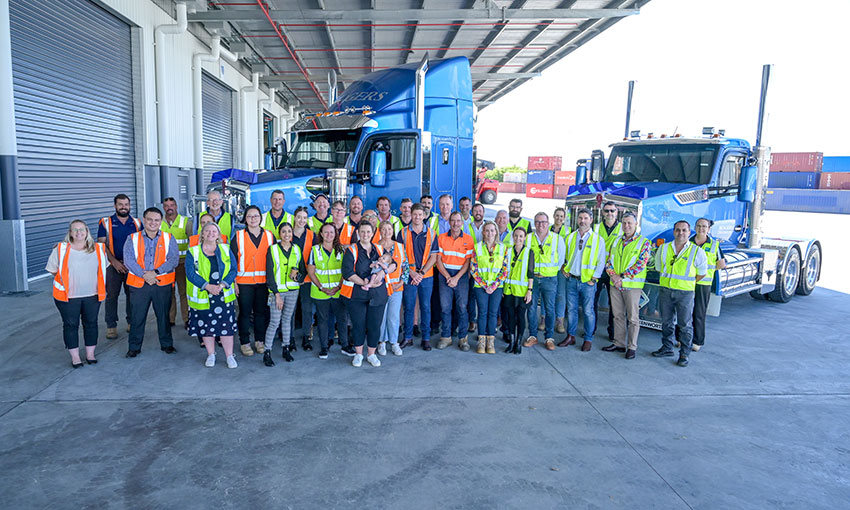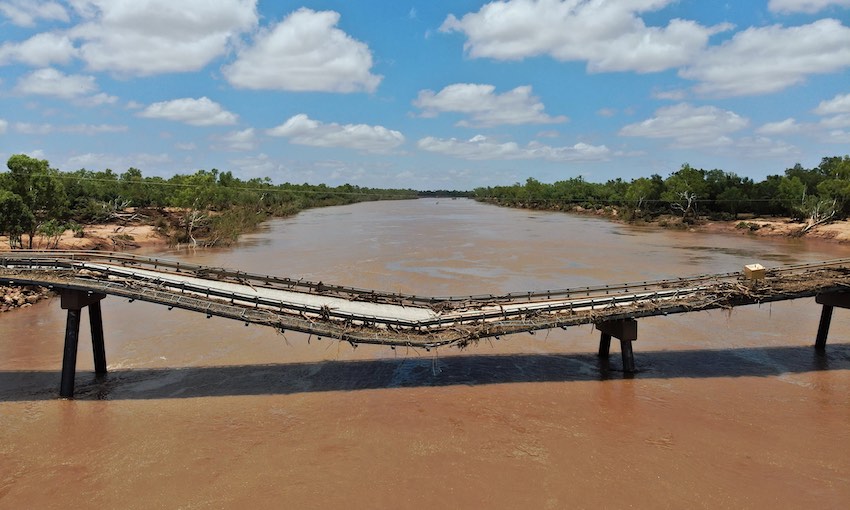ROAD Freight NSW and the Australian Trucking Association have released their joint submission to the Greater Sydney Commission’s review of industrial lands policy.
The groups are calling on the Commission to maintain the “retain and manage” approach to industrial and urban services land and ensure freight and trucking operations are protected from competing uses.
RFNSW CEO Simon O’Hara said, “Proposals to allow more flexible uses into industrial land, including housing, will just force freight out and result in higher costs and increased congestion”.
The submission also calls for the Greater Sydney Commission to plan for trucking and ensure the industrial lands policy align with the National Urban Freight Planning Principles.
ATA transport and infrastructure adviser Sam Marks said, “Trucking is critical to making successful cities and needs to be part of the planning conversation.
“Planning for industrial and logistics areas need to plan for truck access, urban rest areas and parking and decoupling sites,” he said.
The Greater Sydney Commission is undertaking a review of the Industrial and Urban Services Lands Retain and Manage policy under the Greater Sydney Region Plan. The policy applies to industrial areas in Greater Sydney that should be safeguarded from competing land use pressures.
The review is being undertaken in collaboration with the Department of Planning, Industry and Environment and NSW Treasury.
The first round of engagement with industry, state and local government has concluded and submissions have now closed.
The review is scheduled to be completed by the end of 2021.
The review of industrial lands policy responds to a recommendation of the NSW Productivity Commission to evaluate the retain and manage approach to industrial and urban services land in Sydney.
“The campaign for removing planning protection of industrial and freight land is based on a misplaced understanding of the economic value that trucking and freight bring to Sydney,” Mr O’Hara said.
“Trucking is critical to our city and should continue to be protected,” he said.





